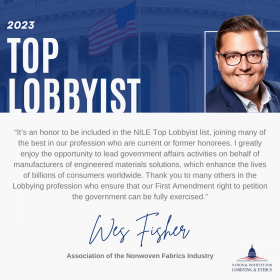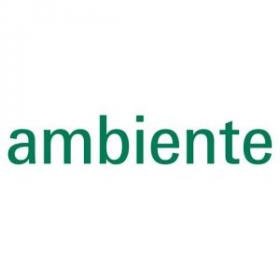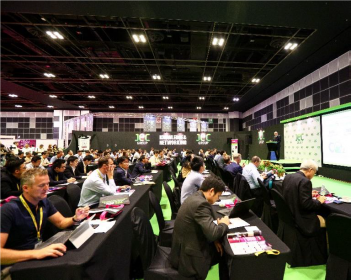INDA’s Wes Fisher named a 2023 Top Lobbyist
INDA, The Association of the Nonwoven Fabrics Industry, announces that Director of Government Affairs Wes Fisher was named a 2023 Top Lobbyist by the National Institute for Lobbying & Ethics (NILE). The list includes professionals with legislative success in 2023, have been innovative in their field, are held in high regard by their peers, give back to their community through charity or pro bono work, and adhere to the highest ethical standards.
Fisher joined INDA in 2022, he previously held senior government affairs positions at the Pet Advocacy Network and the National Automatic Merchandising Association. His work at INDA has included interfacing with lawmakers, regulators, and stakeholders at the state, local, federal, and international levels and participating in UN negotiations regarding the ongoing Global Plastics Treaty. He serves on the board of directors of the Washington Area State Relations Group (WASRG) and in 2022 was appointed by the Governor of Virginia to the Virginia Rare Disease Council.
INDA, The Association of the Nonwoven Fabrics Industry
























